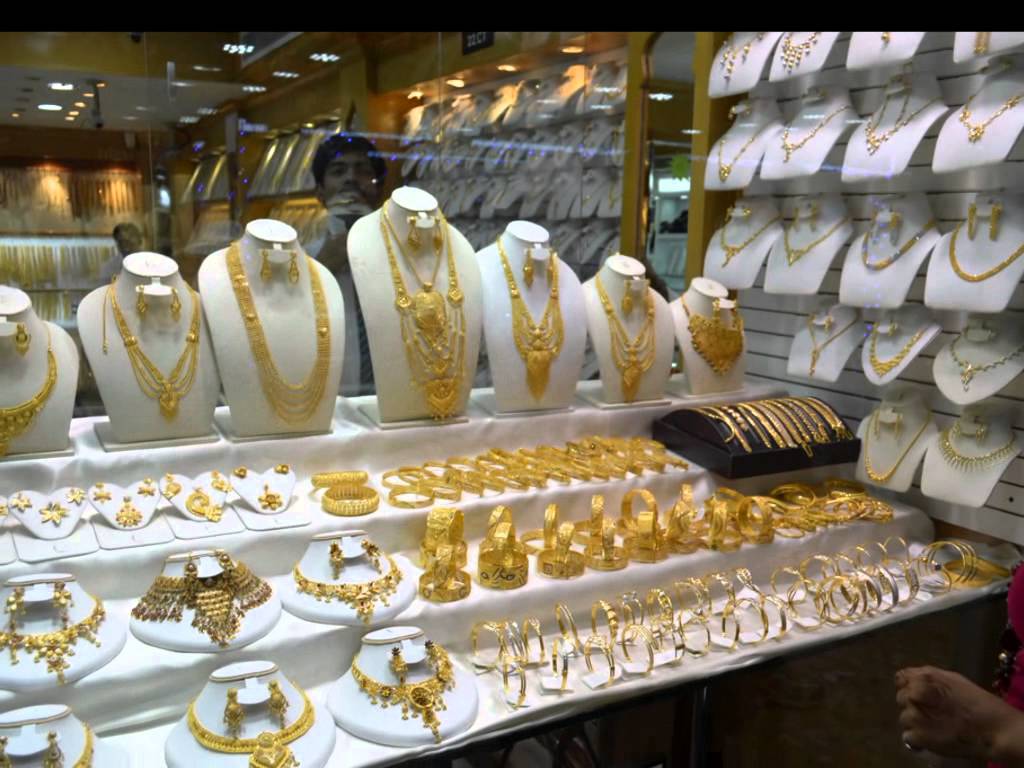Gold price changed slightly in the Asian trade on Monday as markets assessed the possible consequences of a U.S.-led missile strike against Syria over the weekend, in the biggest intervention by Western powers against a poison gas attack.
Spot gold was down 0.1 percent at $1,344.03 an ounce as of 0753 GMT, while U.S. gold futures eased 0.1 percent to $1,346.80 an ounce.
Forces from the United States, Britain, and France pounded Syria with air strikes early on Saturday, hitting three of Syria’s main chemical weapons facilities.
“It’s too early to say what the impact is; if you think what the risk assets and the dollar have done in Asian hours, gold is steady in comparison. It has done its job and brought stability to those who hold gold in their portfolio,” said Dominic Schnider at UBS Wealth Management in Hong Kong.
Asia shares ex-Japan fell 0.7 percent and the dollar index was down 0.1 percent.
Russian President Vladimir Putin warned on Sunday that further Western attacks on Syria would bring chaos to world affairs, as Washington prepared to increase pressure on Russia with new economic sanctions.
“Gold prices are biased upwards in the short-term as gold is still seen as a safe-haven asset amid tensions over Syria, U.S.-Russia sanctions and trade war,” said Brian Lan, managing director at dealer Gold-Silver Central in Singapore.
Spot gold may break a resistance at $1,348 per ounce and rise more towards the next resistance at $1,355, said Reuters’ technical analyst Wang Tao.
Speculators raised their net long positions in COMEX gold contracts by 363 contracts to 138,212 contracts in the week to April 10, U.S. Commodity Futures Trading Commission (CFTC) data revealed on Friday.
Dealers trimmed their short positions in silver by 3,187 contracts to 36,417 contracts, the data showed.
Silver fell 0.3 percent to $16.57 per ounce, while platinum gained 0.1 percent to $928.20 an ounce.
Palladium was 0.2 percent lower at $985.10 per ounce after hitting a three-week high of $990.50 on Friday.
Prices rose 9.6 percent last week, their biggest weekly gain since January 2017.
Source: Reuters













